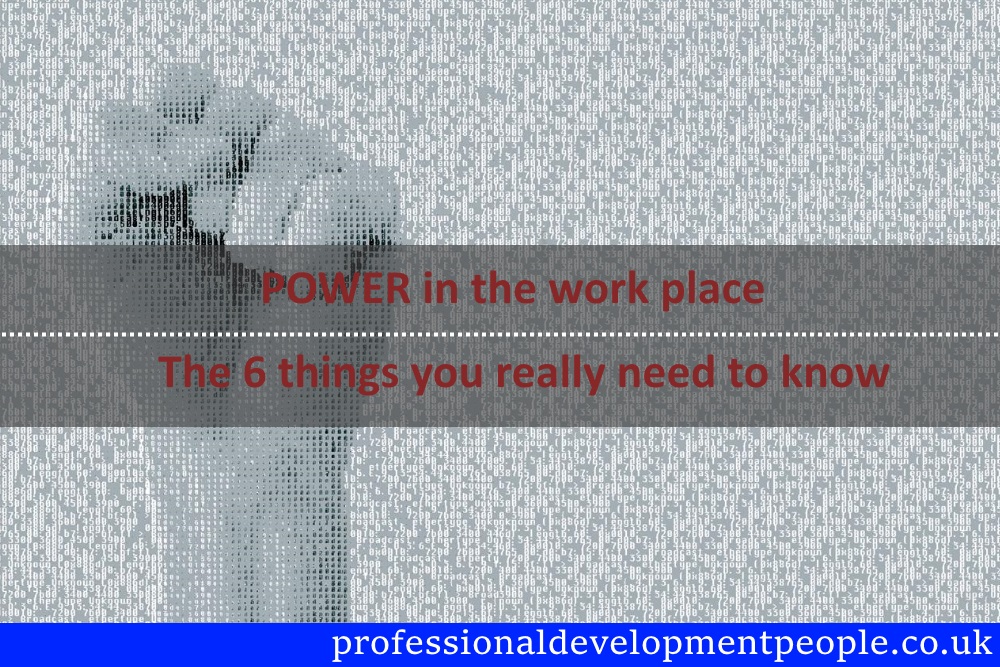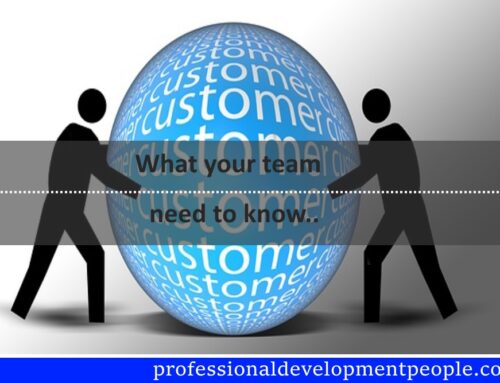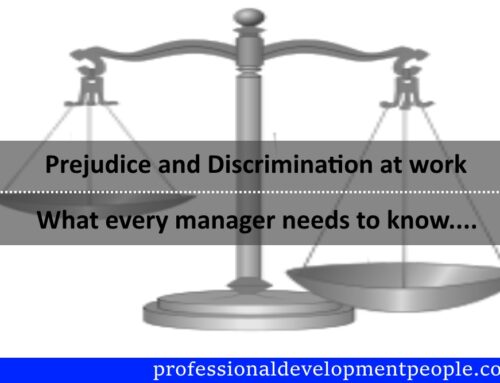Power at work – 6 things you need to know
There are various theories about how “power” plays a role in the work place, having an understanding of these theories might put you in a better position use assertiveness.
Here are a few indicators that I find useful when the situation looks a little tricky.
POSITIONAL POWER – The obvious power play, this derives from the grade, rank or position that you hold, it’s  about status. Many senior managers in organisations use this deliberately to get things done, that probably should have been planned better. “I am your boss and I am telling you to do it!”, “your family commitments need to wait, this deadline must be achieved, just get it done”. We see this Power play in everyday life. Why do Policemen (It is only men) wear helmets? So that they stand out, so that their status / power is readily observed. Some police forces would only recruit above a certain height to exacerbate this. (lets not get drawn into how well you do the job or how you behave, just give us big ones, ho hum) In a court of law judges sit higher than everyone…uniforms in the military.. uniforms at work.
about status. Many senior managers in organisations use this deliberately to get things done, that probably should have been planned better. “I am your boss and I am telling you to do it!”, “your family commitments need to wait, this deadline must be achieved, just get it done”. We see this Power play in everyday life. Why do Policemen (It is only men) wear helmets? So that they stand out, so that their status / power is readily observed. Some police forces would only recruit above a certain height to exacerbate this. (lets not get drawn into how well you do the job or how you behave, just give us big ones, ho hum) In a court of law judges sit higher than everyone…uniforms in the military.. uniforms at work.
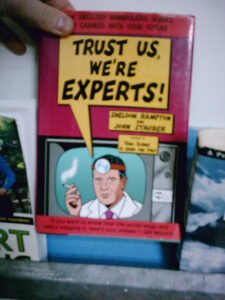 EXPERT POWER – “I am the recognised guru in this field, challenge me at your peril! For I am the font of all knowledge”. Unfortunately many people confuse expert with length of time served, therefore you can be perceived as the expert just because you have lived long enough. How many colleagues do you know that have 10 year’s experience, but actually only had 1 year, but repeated it 10 times! Learning little in the past 9 years.
EXPERT POWER – “I am the recognised guru in this field, challenge me at your peril! For I am the font of all knowledge”. Unfortunately many people confuse expert with length of time served, therefore you can be perceived as the expert just because you have lived long enough. How many colleagues do you know that have 10 year’s experience, but actually only had 1 year, but repeated it 10 times! Learning little in the past 9 years.
 COERSIVE POWER – The ugly use of threats to get people to do things. Often, but not exclusively, comes with Positional Power, frequently an abuse linked to social power.
COERSIVE POWER – The ugly use of threats to get people to do things. Often, but not exclusively, comes with Positional Power, frequently an abuse linked to social power.
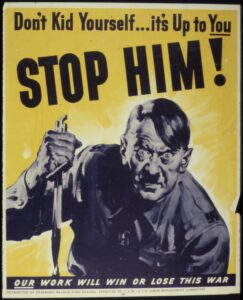 MORAL POWER – “We must do this because it is simply the right thing to do”. A hard power play to argue against. The usual failing of this is that the right thing to do is often based on subjective feelings or misdirection, rather than objective facts, trends etc. “The Government of Syria should not gas civilians”. Well of course not, a point that makes absolute sense. However why was it OK to kill and injure civilians using other methods? And why were we silent then?
MORAL POWER – “We must do this because it is simply the right thing to do”. A hard power play to argue against. The usual failing of this is that the right thing to do is often based on subjective feelings or misdirection, rather than objective facts, trends etc. “The Government of Syria should not gas civilians”. Well of course not, a point that makes absolute sense. However why was it OK to kill and injure civilians using other methods? And why were we silent then?
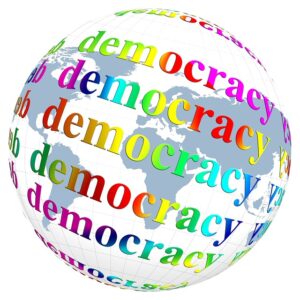 SOCIAL POWER – This is a bit more delicate. How do you discipline a colleague when he is having an affair with the chief executive? Some people deliberately use their patronage to behave badly towards others. Although I have recently seen an example where a competent hardworking colleague was getting some really poor work allocated to her. The reason? Daddy is a senior manager and her boss doesn’t like Daddy, because Daddy got the job the manager wanted.
SOCIAL POWER – This is a bit more delicate. How do you discipline a colleague when he is having an affair with the chief executive? Some people deliberately use their patronage to behave badly towards others. Although I have recently seen an example where a competent hardworking colleague was getting some really poor work allocated to her. The reason? Daddy is a senior manager and her boss doesn’t like Daddy, because Daddy got the job the manager wanted.
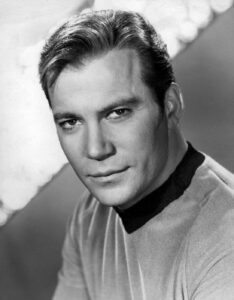 PERSONAL POWER – Some people are just really charismatic, regardless of their position. I am sure that all of us recognise people at work, home or in the pub that influence enormously because of their personal power.
PERSONAL POWER – Some people are just really charismatic, regardless of their position. I am sure that all of us recognise people at work, home or in the pub that influence enormously because of their personal power.
I hope that makes sense, just a taster. Now think about your tricky situation, what are the powers being used? How can you use that knowledge to your benefit WITHOUT VIOLATING THE RIGHTS OF OTHERS? Richard
To find out more contact Richard or Paula by email, follow us on twitter Richard or Paula. or call us on 08712 349 873. We would love to buy you a coffee.

